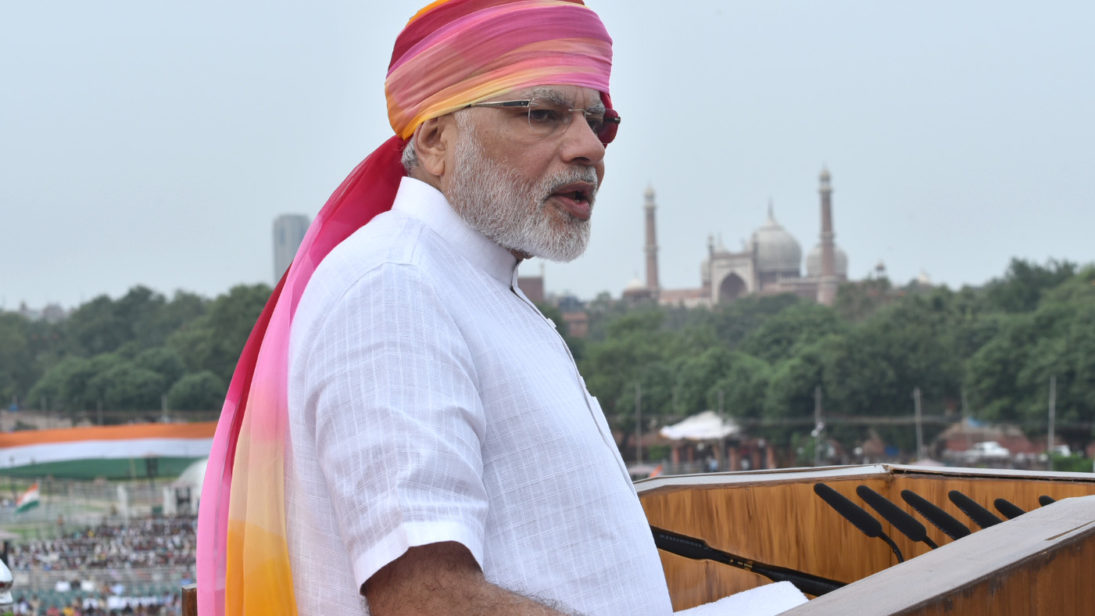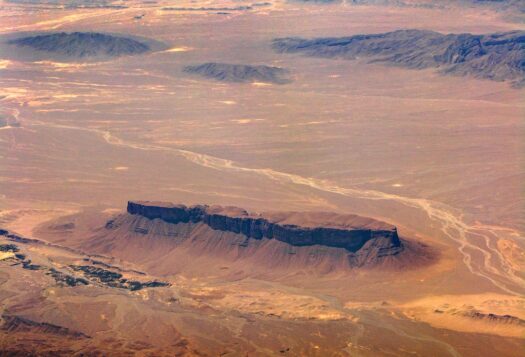
Addressing the nation on India’s Independence Day recently, Prime Minister Narendra Modi stirred a hornet’s nest when he remarked that “the people of Balochistan, people of Gilgit, people of Pakistan-occupied Kashmir…have heartily thanked me.” In response to his provocative comments, mass protests and agitations erupted across Gilgit-Baltistan (GB), and people came out on the streets chanting anti-India slogans. The Gilgit-Baltistan Legislative Assembly (GBLA) unanimously adoptedtwo resolutions condemning the Indian premier’s remarks. The resolutions labeled Modi’s statement as an attempt to distract the global community from human rights violations in Indian-administered Kashmir. Unfortunately, PM Modi’s irresponsible remarks not only took an already fragile situation up a notch, but also narrowed chances for normalization of Indo-Pak relations.
Modi’s remarks were met with sharp criticism in Gilgit-Baltistan for two major reasons: historical animosity, and evolving regional dynamics.
History
Historically, the Muslim-majority GB was ruled by the Hindu Dogra rulers of Kashmir, but in 1889, the British brought most of it under their control, calling it the Gilgit Agency. In 1935, the British leased the remaining area from the Dogra Maharaja for a period of 60 years, merging it into the Gilgit Agency, to be in complete control of the region.
However, the situation changed when the subcontinent was partitioned into Pakistan and India. Though Dogra rulers still had a tight grip over GB affairs, a successful rebellion led by the commander of the Gilgit Scouts, along with populous support, liberated the area on November 1, 1947.
The areas that now make up GB expressed keenness in acceding to Pakistan, with GB officials sending an official telegram asking Pakistan to take over, and Mohammad Ali Jinnah accepted. However, GB was named as disputed territory when India and Pakistan went to the United Nations on territorial issues in 1948. It continues to be administered by Pakistan but with no constitutional status.
Modi’s remarks were met with dismay in GB because it reminded people of the bitter past of the Dogra regime, which due to its Hindu lineage is perceived by the GB population as Indian rule. Modi’s words were also seen as an insult to the sacrifices of GB soldiers, who have accepted martyrdom in war against India. The Northern Light Infantry regiment, made up of 55 percent of soldiers from Gilgit, has fought to protect the territorial integrity and sovereignty of Pakistan. Havaldar Lalik Jan of Gilgit Baltistan, who fought in the Kargil War, was awarded Pakistan’s highest military honor called the Nishan-e-Haider. In such circumstances, PM Modi’s provocative remarks deeply hurt popular sentiment. In his statement, the Chief Minister of Gilgit Baltistan, Hafeez-ur-Rehman, spoke out against the Indian premier’s comments stating that the “people of Gilgit and Baltistan are soldiers of Pakistan and they will defend Pakistan by sacrificing their lives.”

Regional Dynamics
It is also pertinent to look at Prime Minister Modi’s remarks in the context of evolving security and economic dynamics of the region. Owing to its strategic significance, GB is at the junction of three significant regions of Eurasia: South, Central, and Southeast Asia. Due to its immense natural resources (fresh water and minerals) and geostrategic location, India keeps raising its claims on the region. In fact, GB is a prominent part of China’s $46 billion-worth China-Pakistan Economic Corridor, which is expected to bring economic development to the region. Hydro power projects as well as the Karakoram Highway(KKH) expansion will uplift socio-economic conditions in GB.
At a time when remarkable economic growth is under way, there appears to be little reason for the people of GB to be concerned with India. For them, the key question is: what has India done so far for the region for which they should be grateful? The answer is, not much. Modi’s remarks have not only breached diplomatic norms, but also put a dark shadow on peace initiatives between the neighbors.
Owing to territorial conflicts that have led to four devastating wars, Pakistan and India share a bitter past. Such remarks from a sitting Indian Prime Minister will not please the people of GB and Balochistan, but instead threaten to put South Asia back in turmoil.
Editor’s note: The author is a resident of Gilgit-Baltistan.
***
Image 1: Press Information Bureau, Government of India
Image 2: taylorandayumi, Flickr


